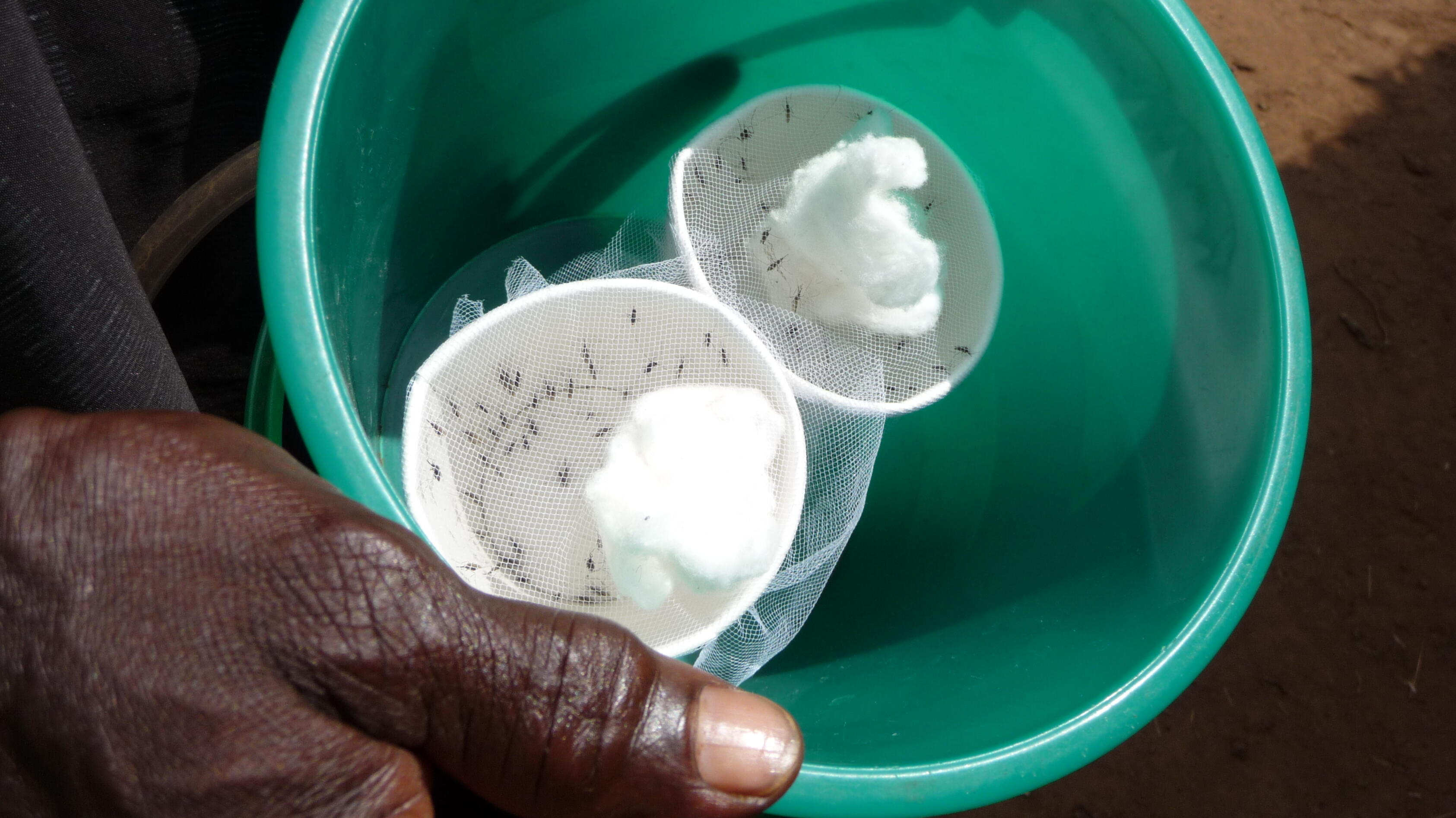
The Vector Department has a strong focus on translational research and has developed a number of products and tools in use to aid the control of vector borne diseases. These include:
- the insecticide quantification kits (IQKs) which are being used to improve indoor residual spraying programmes for malaria and visceral leishmaniasis,
- Tiny Targets which are in operational use to prevent the transmission of Human African trypanosomiasis (HAT)
- Mosquito P450 enzymes that are being used to screen new insecticides for potential cross resistance liabilities
- Serious Gaming initiatives to build skill in insecticide resistance management (Michael Coleman)
Several of our discovery research projects have led to new tools for use by the research community. For example, our work on insecticide resistance has led to the development of multiple molecular diagnostics for mutations associated with insecticide resistance. We have also developed a number of transgenic mosquito lines which can be used to drive expression of genes in specific tissues. Other projects in progress include:
- High throughput larval screening tools (G Lycett),
- Activity Based Probes to predict insecticide resistance liabilities (M Paine),
- Barrier nets to control insecticide resistant mosquito populations (P McCall)





